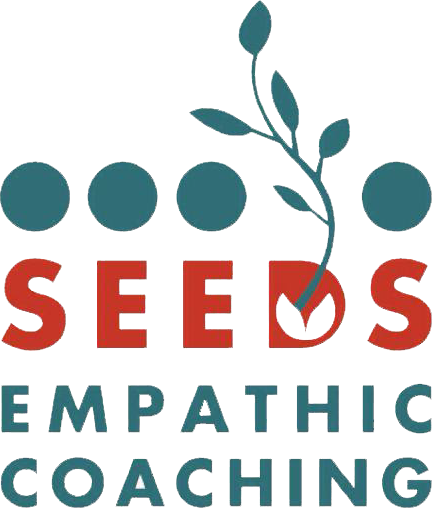- photos by Julie Ericksen
Nonviolent Communication in its simplest form consists of Honesty and Empathy. Today I will share about empathy.
True empathy is complete presence to the experience of another. We cannot even fully know what someone is going through but we can make guesses and attempt to enter into his or her experience.
There are a number of ways we may feel compelled to respond when we hear someone expressing pain, that are not considered empathy: “You’ll be fine. I’ve been in your shoes. I remember once when I… You think that’s bad… Think about what it is like for them…” Each of us can imagine what it feels like to be on the receiving end of one of these messages and, at least for me, it is not always pleasant. We often just want someone to listen, to hold our pain with us, to guess what we are feeling and needing.
Once I learned what empathy was, I also discovered that I had a strong predilection towards one of the items on the previous list, rather than pure empathy. I still fight urges to ‘fix’ or reassure and have worked hard to notice and arrest these impulses. The rewards have been greater than I could have imagined.
I’ll give you a precious example that I have been given permission to share. A couple of years ago my daughter called me from college. She began sharing a whole list of things that were not working for her at that moment and all of the pain she was feeling as a result. I noticed myself entering the ‘wise and experienced’ mother mode. When she was complete with her sharing, I would explain and console, assuring her that with time, these would all be very small things that would no longer affect her as they did now. I might have even been crafting my reassuring words in my head rather than truly listening deeply. I was uncomfortable with her pain; I wanted her pain to go away and consequently my pain too in hearing her pain.
Fortunately for her AND for me, I remembered this was NOT empathy and what I really wanted was to provide complete presence to her. The amazing thing was that as soon as I made that mental distinction, my energies went from my head and its thoughts, to my heart, and connected directly to her heart and her experience with full attention. The very moment this happened, my eyes got hot, and tears began to well up and then stream down my face. I made some guesses about what she might be feeling and needing as she continued to share and I felt completely connected to her. I’m guessing she felt a very different quality of connection with me than if I had gone into advice or reassurance.
Perhaps this begs the question, why would we NOT want to alleviate someone’s pain? Don’t we want them to feel better? Or do we want OUR pain to go away in experiencing their pain? Or perhaps all of the above! This reaction suggests that we view pain as ‘bad’ and that the sooner it is gone, the better.
I invite you to consider an analogy to a butterfly, struggling to get out of the chrysalis. A well-meaning individual gently slices the chrysalis to ease the process. The butterfly dies soon after because that struggle was a necessary and beautiful part of the process of nature.






1 Comment
Join the discussion and tell us your opinion.
Great insight, Julie. I constantly struggle with the need to ‘fix’ things! Thanks for the great reminder that usually the best gift we can give someone is the gift of our focused presence.